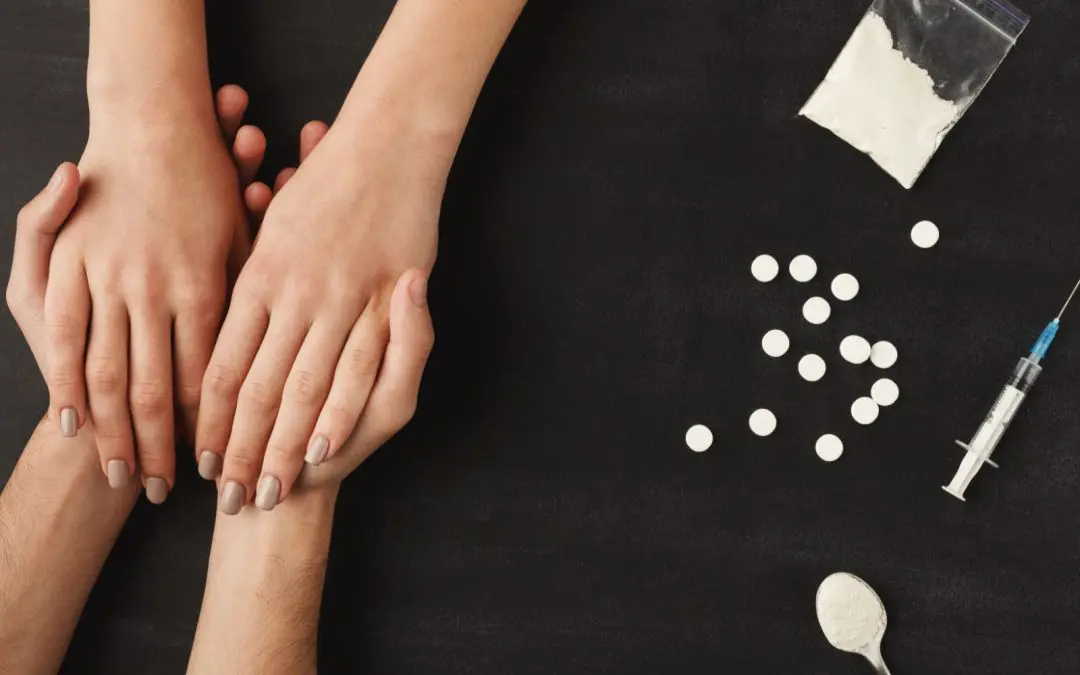24/7 Helpline:
(866) 899-111424/7 Helpline:
(866) 899-1114
Other Insurance Options

Magellan Health

Providence

Magellan

Carleon

Ambetter

Oxford

Medical Mutual of Ohio

MVP Healthcare

Absolute Total Care
Beacon

Cigna

American Behavioral

Access to Recovery (ATR) Voucher

EmblemHealth

PHCS Network

Regence

WellCare Health Plans

Private insurance

BlueShield

CareFirst



















Havre Center for Mental Health
Havre Center for Mental Health is a private rehab located in Havre, Montana. Havre Center for Mental...

White Sky Hope Center
White Sky Hope Center is a private rehab located in Box Elder, Montana. White Sky Hope Center specia...

Hi Line Recovery
Hi Line Recovery is a private rehab located in Havre, Montana. Hi Line Recovery specializes in the t...








